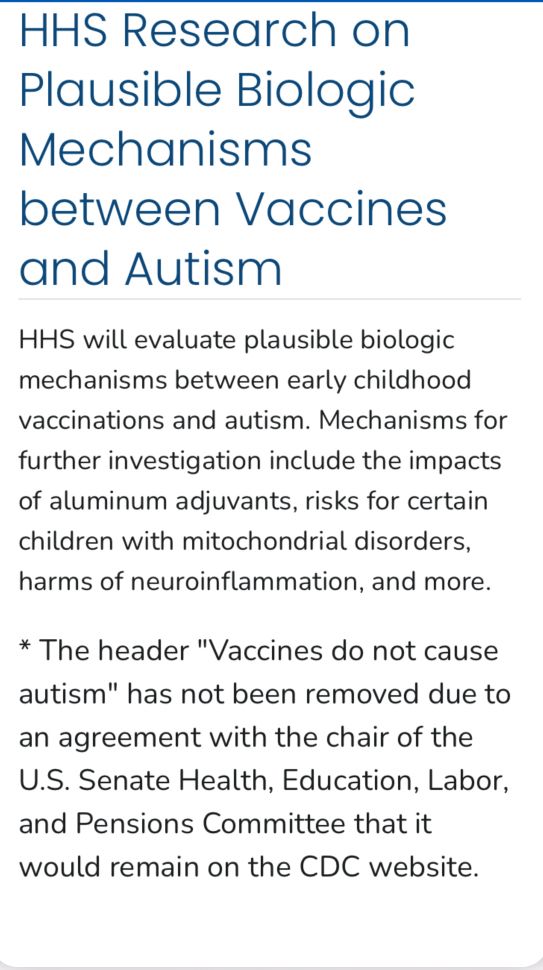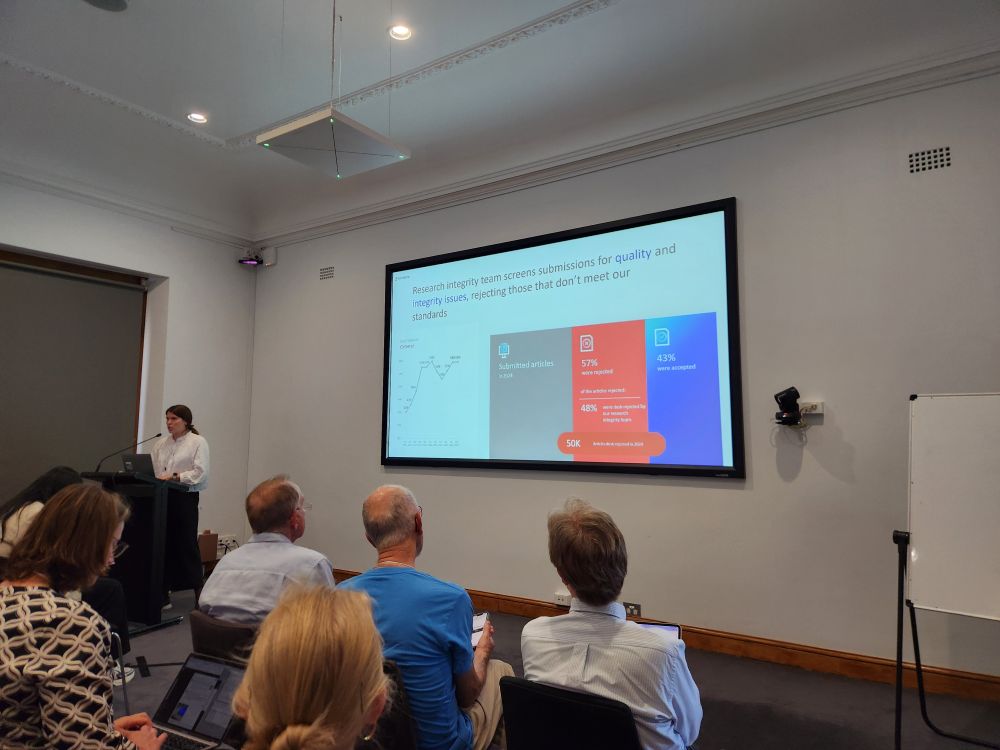

gidmk.substack.com/p/are-admini...
The ct averages though...are they even simple averages?
The ct averages though...are they even simple averages?
Find some issues in this table of results from an RCT of vitamin D for COVID-19. There's a couple of obvious issues, and some that are less easy to spot.

Find some issues in this table of results from an RCT of vitamin D for COVID-19. There's a couple of obvious issues, and some that are less easy to spot.
The 2 d.p. is an average. I would say that these values are odd, because they do imply that the data was COLLECTED in non-integer form, but that's also not quite an issue.
The 2 d.p. is an average. I would say that these values are odd, because they do imply that the data was COLLECTED in non-integer form, but that's also not quite an issue.
But tell me more about menopause onset. Are these timelines believable?
But tell me more about menopause onset. Are these timelines believable?
Find the problems in this table of results from an RCT. Two main things I've noticed so far.

Find the problems in this table of results from an RCT. Two main things I've noticed so far.
The most used pill in the world and we know it's probably a waste of time for most people.
The most used pill in the world and we know it's probably a waste of time for most people.
gidmk.substack.com/p/does-batma...

gidmk.substack.com/p/does-batma...
Also, he pays millions a year for the privilege. HEALTH.
Johnson, on a quest to live forever, wants “competing for the best biomarkers of anybody in the world” to be something of a new sport.
Also, he pays millions a year for the privilege. HEALTH.


gidmk.substack.com/p/the-terrif...

gidmk.substack.com/p/the-terrif...
Do any other publishers do this automatically?

Do any other publishers do this automatically?
Potentially, LLMs lower the bar and allow the stupid ones to do a better job"
~a chilling problem highlighted by Jack Wilkinson at the International Research Integrity Conference
Potentially, LLMs lower the bar and allow the stupid ones to do a better job"
~a chilling problem highlighted by Jack Wilkinson at the International Research Integrity Conference
researchintegrityconf.com/internationa...
We start with session 4: What might work?
Cyril Labbe with "Detection of Research Rubbish and More"
#IRICSydney


researchintegrityconf.com/internationa...
We start with session 4: What might work?
Cyril Labbe with "Detection of Research Rubbish and More"
#IRICSydney
Systematic reviews are considered the cornerstone of medicine. But some of the eligible trials that could be included might be problematic. They could get included.
#IRICSydney


Systematic reviews are considered the cornerstone of medicine. But some of the eligible trials that could be included might be problematic. They could get included.
#IRICSydney
Anyone who has tried to report concerns will have experienced how journals and institutions defer responsibility to the other party and how they 'investigate' and find 'no misconduct'.
#IRICSydney
Anyone who has tried to report concerns will have experienced how journals and institutions defer responsibility to the other party and how they 'investigate' and find 'no misconduct'.
#IRICSydney
Read the full opinion piece in @cp-neuron.bsky.social: spkl.io/63322AbxpA
@wiringthebrain.bsky.social, @statsepi.bsky.social, & @deevybee.bsky.social

gidmk.substack.com/p/stem-cell-...

gidmk.substack.com/p/stem-cell-...
How many studies like this didn't upload data and are still out there...
How many studies like this didn't upload data and are still out there...

